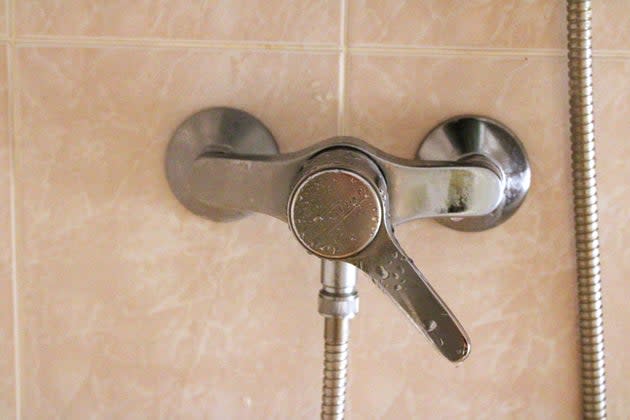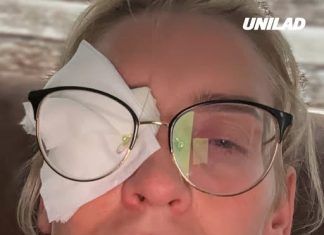The longstanding debate over shower temperatures between men and women has recently gained renewed attention, particularly on social media platforms like TikTok. A viral video featuring a man humorously attempting to acclimate to his wife’s preferred scalding shower temperature sparked widespread discussion. This prompted NHS doctor Karan Rajan to delve into the scientific reasons behind women’s preference for hotter showers.
Core Body Temperature Differences
Dr. Rajan explains that, on average, women have a slightly higher core body temperature than men. This difference means that when exposed to cooler environments, women may feel colder more quickly than men. The contrast between a warm core and a cool environment can make external temperatures feel more uncomfortable, leading women to seek out hotter showers to compensate.

Hormonal Influences on Temperature Sensitivity
Hormones, particularly oestrogen, play a significant role in temperature regulation. Oestrogen can reduce blood flow to extremities such as hands, feet, and earlobes, causing these areas to feel colder. This effect is more pronounced during periods of elevated oestrogen levels, such as ovulation or when using hormonal birth control. Consequently, women may experience increased cold sensitivity during these times, making hot showers more appealing.
Metabolic Rate Considerations
Another factor contributing to women’s preference for hotter showers is the generally lower metabolic rate compared to men. A lower metabolic rate results in less internal heat production, which can make women feel colder overall. Hot showers serve as an external heat source, helping to alleviate this sensation of coldness.
Social Media Reactions
The discussion around shower temperatures has resonated with many on social media. Women have shared their experiences, with comments like, “Boiling hot showers are the only time I truly feel warm,” highlighting the comfort derived from hotter showers. Others humorously noted the differences in temperature preferences between themselves and their partners, emphasizing the widespread nature of this phenomenon.
Hot Showers and Skin Health: A Double-Edged Sword
While hot showers may provide warmth and comfort, they can also have downsides—particularly for skin health. Dermatologists warn that excessively hot water can strip the skin of its natural oils, leading to dryness, irritation, and even eczema flare-ups in sensitive individuals. This is especially important for women, who may already experience skin sensitivity due to hormonal fluctuations. Prolonged exposure to hot water can damage the skin barrier, making it harder for the skin to retain moisture. This can be exacerbated during colder months when indoor heating also dries out the air. Experts recommend limiting shower time to 10–15 minutes and using lukewarm water when possible. To maintain healthy skin, it’s advisable to moisturize immediately after showering with a hydrating lotion or body oil. In short, while hot showers offer undeniable comfort, balancing temperature and skincare can help preserve both warmth and wellness.

Conclusion
The preference for hotter showers among women is not merely a matter of personal choice but is influenced by physiological and hormonal factors. Understanding these differences can foster greater empathy and perhaps even lead to compromises in shared living situations. So, the next time there’s a debate over shower temperatures, remember that science has an explanation.

















